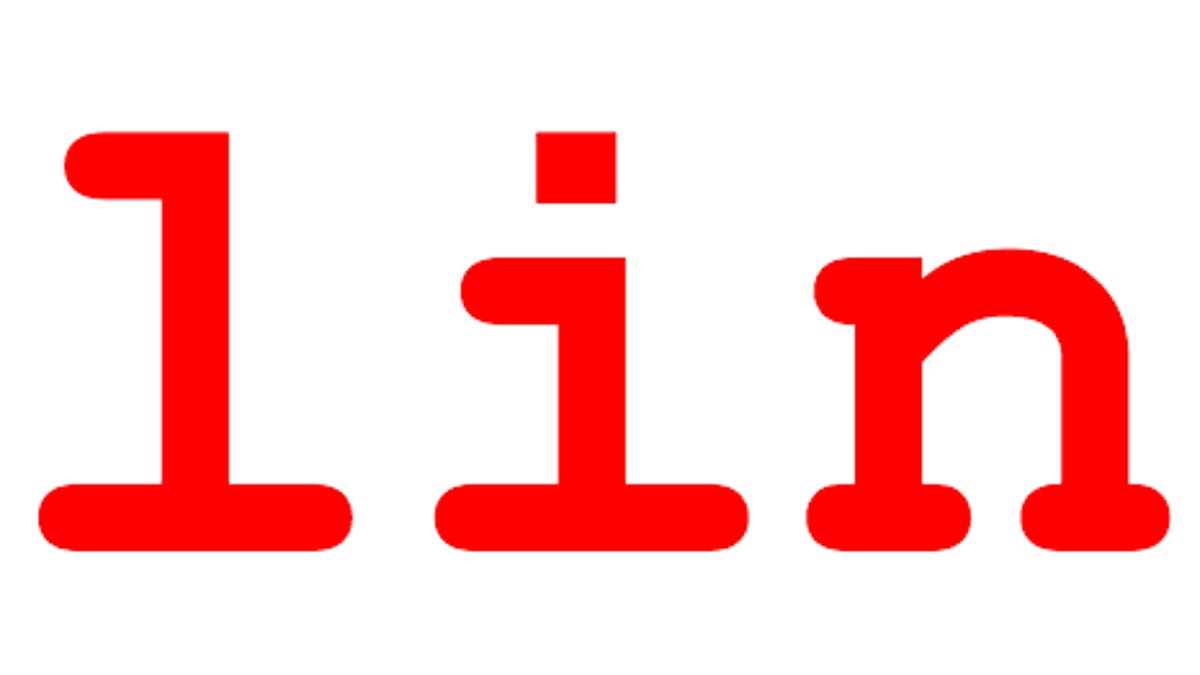Googlers exultant over launch of Blink browser engine
The WebKit browser engine no longer unites Google and Apple, and the Chrome team is clearly excited to be free to move on its own.

Today, Google launched Blink, its fork of the WebKit browser engine, and members of Google's Chrome team clearly are excited about their liberation.
With the fork, Google will concentrate its core browser development efforts on Blink, which will gradually diverge from the WebKit project on which it's based. You can read more about the context and history leading to Blink in CNET's coverage, or read the official Blink blog post and Blink FAQ for the party line.
But to get a feel for the emotion involved, check the commentary from the Chrome team members themselves. They're jubilant.
Some of the best writing on the subject comes from Chrome developer Alex Russell, who believes Blink will let Google move Chrome much faster.
How long does it take you to build a thing you can try out, poke at, improve, or demolish? We mere humans do better when we have directness of action...
To make a better platform faster, you must be able to iterate faster. Steps away from that are steps away from a better platform. Today's WebKit defeats that imperative in ways large and small. It's not anybody's fault, but it does need to change. And changing it will allow us to iterate faster, working through the annealing process that takes a good idea from drawing board to API to refined feature. We've always enjoyed this freedom in the Chromey bits of Chrome, and unleashing Chrome's Web Platform team will deliver the same sorts of benefits to the Web platform that faster iteration and cycle times have enabled at the application level in Chrome...
Blink gives developers much more assurance that when they change something, it's only affecting the things they think it's affecting. Moving without fear is the secret of all good programming.
Similar sentiments came from Google's Jake Archibald, a Web developer who said on Google+ he was fairly bursting at the seams to share the news.
"It'll be like it is now, but harderbetterfasterstronger," gushed Archibald, who came at the issue from the perspective of Web programmers who might worry about having to test their sites with another browser engine.
Justin Schuh, who works on Chrome's security, went as far as listing improvements he now expects to see in coming months. In a Google+ post, he said, "With the Blink project we now have a chance to fix quite a bit of technical security debt that's accumulated over the years. These changes are all things that fit well with Chrome's architecture, but were not viable in WebKit given their impact on other platforms."
He then launched into a list of security improvements such as site isolation that are possible now that there's no need to worry about compatibility with the full WebKit community.
Chris Wilson, a Google developer advocate who previously worked with Microsoft's Internet Explorer team, was more understated but still happy with the change. His favorite development: "The Chromium team has already put in place strong guidelines for new features that will help mandate standards focus, openness, and interoperability."
That may sound like a pretty dry list of perks, but Wilson has reason to value them. In the first half of the last decade, Microsoft's IE6 dominated the Web, and Web developers programmed their sites to work with it, not to Web standards. The legacy still holds programmers back years later.
"I desperately want the Web to be the best delivery platform for our apps and sites," added Paul Lewis, a member of Google's Chrome Developer Relations team. "I am hopeful that in the same way we saw V8 [Chrome's JavaScript engine] change our expectations of JavaScript performance, that we will now see the broader browser landscape challenged as well."
There was a warm reception outside Google, too.
Unsurprisingly, words of praise came from Opera, which only weeks ago announced it's dropping its own Presto engine in favor of WebKit -- specifically, the Chromium open-source project at the heart of Chrome.
"I know a lot of people worried that there would be less diversity on the Web once Opera Presto was retired, and the forking of WebKit into Blink restores that balance. Opera will be contributing to Blink in the future," said Opera Web-standard evangelist Bruce Lawson. "My personal feeling (not representing my employer, wife, children, or hamster) is that Blink has a lot of promise for the Web. Its architecture allows for greater speed -- something that Opera and Google have long focused on."
More praise came from Dion Almaer, a Web developer expert. "I actually think this is a good thing," he tweeted.
And Christian Heilmann, a Mozilla evangelist, chimed in, "With a blink of an eye the argument 'everything runs WebKit' gets more washed out." He was referring to the idea that too much of the Web is controlled by the WebKit "monoculture," an argument that will be harder to sustain with Google headed off in its own direction.

